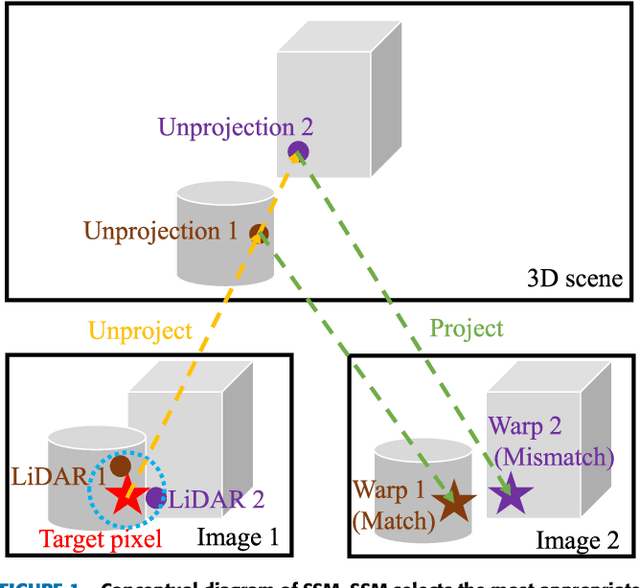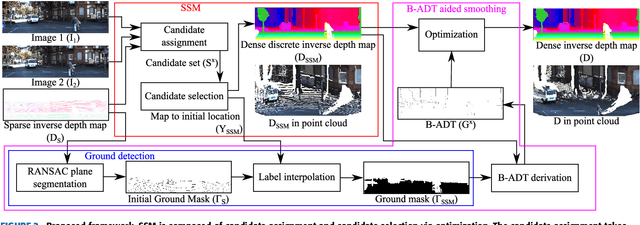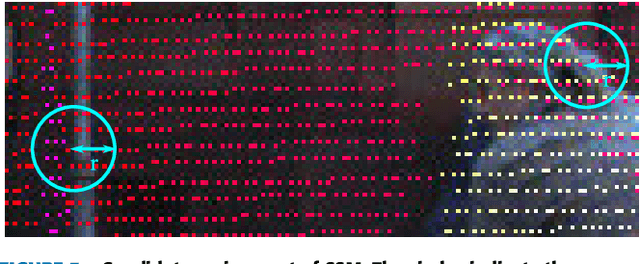Naoki Ito
Gaussian Process Classification Bandits
Dec 26, 2022



Abstract:Classification bandits are multi-armed bandit problems whose task is to classify a given set of arms into either positive or negative class depending on whether the rate of the arms with the expected reward of at least h is not less than w for given thresholds h and w. We study a special classification bandit problem in which arms correspond to points x in d-dimensional real space with expected rewards f(x) which are generated according to a Gaussian process prior. We develop a framework algorithm for the problem using various arm selection policies and propose policies called FCB and FTSV. We show a smaller sample complexity upper bound for FCB than that for the existing algorithm of the level set estimation, in which whether f(x) is at least h or not must be decided for every arm's x. Arm selection policies depending on an estimated rate of arms with rewards of at least h are also proposed and shown to improve empirical sample complexity. According to our experimental results, the rate-estimation versions of FCB and FTSV, together with that of the popular active learning policy that selects the point with the maximum variance, outperform other policies for synthetic functions, and the version of FTSV is also the best performer for our real-world dataset.
Non-learning Stereo-aided Depth Completion under Mis-projection via Selective Stereo Matching
Oct 04, 2022



Abstract:We propose a non-learning depth completion method for a sparse depth map captured using a light detection and ranging (LiDAR) sensor guided by a pair of stereo images. Generally, conventional stereo-aided depth completion methods have two limiations. (i) They assume the given sparse depth map is accurately aligned to the input image, whereas the alignment is difficult to achieve in practice. (ii) They have limited accuracy in the long range because the depth is estimated by pixel disparity. To solve the abovementioned limitations, we propose selective stereo matching (SSM) that searches the most appropriate depth value for each image pixel from its neighborly projected LiDAR points based on an energy minimization framework. This depth selection approach can handle any type of mis-projection. Moreover, SSM has an advantage in terms of long-range depth accuracy because it directly uses the LiDAR measurement rather than the depth acquired from the stereo. SSM is a discrete process; thus, we apply variational smoothing with binary anisotropic diffusion tensor (B-ADT) to generate a continuous depth map while preserving depth discontinuity across object boundaries. Experimentally, compared with the previous state-of-the-art stereo-aided depth completion, the proposed method reduced the mean absolute error (MAE) of the depth estimation to 0.65 times and demonstrated approximately twice more accurate estimation in the long range. Moreover, under various LiDAR-camera calibration errors, the proposed method reduced the depth estimation MAE to 0.34-0.93 times from previous depth completion methods.
* 15 pages, 13 figures
 Add to Chrome
Add to Chrome Add to Firefox
Add to Firefox Add to Edge
Add to Edge